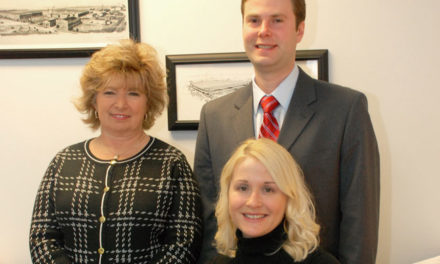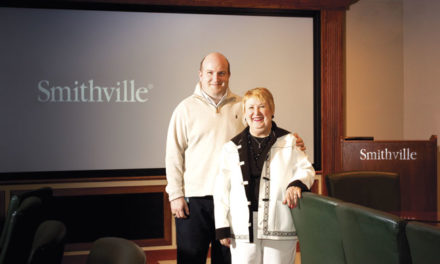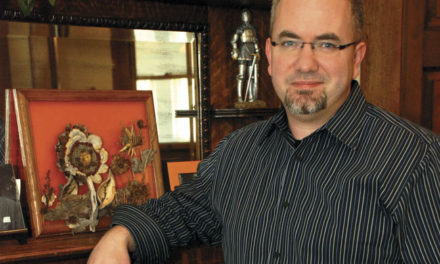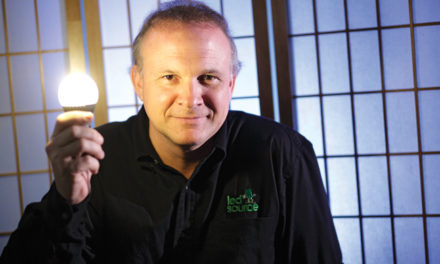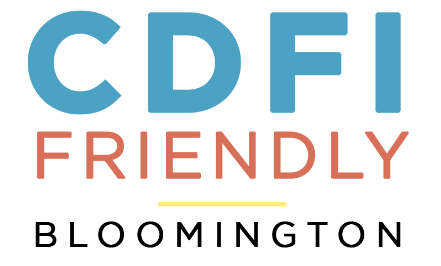
by PETER DORFMAN
Bloomington, like many cities, has infrastructure, housing, and transportation challenges that need to be addressed. But the solutions to those problems don’t offer the profit potential to attract traditional bank financing. Fortunately, there are non-traditional capital sources for civic projects, and Bloomington has a new resource to tap those funds.
Those capital sources are called community development financial institutions (CDFIs), and a new nonprofit entity called CDFI Friendly Bloomington (CFB) links organizations with worthy projects in Bloomington, Monroe County, and southern Indiana to the resources they need.
“CDFIs partner with the traditional banking industry to help people and projects on the margins that aren’t served by traditional banking,” says CFB Executive Director Brian Payne. “Those clients can grow into entities that can be served by banks, so the model creates demand for traditional capital.”
Payne adds that while CDFIs didn’t exist 40 years ago, they’ve grown into an industry with more than $150 billion in assets.
CFB’s first project is Kinser Flats, a Housing First apartment complex for people experiencing homelessness and with mental health and/or substance abuse disorders, under construction on Kinser Pike. But CDFIs don’t just invest in housing. They can provide unconventional funding for mass transit, solar panels, or construction of accessory dwelling units (ADUs) for municipalities, businesses, nonprofits, or individual homeowners. In fact, specialist CDFIs have emerged to fund each of these types of projects, Payne says.
Local banks—First Financial Bank, Old National Bank, German American Bank, and Woodforest National Bank—have committed $2 million to CFB, and it has an additional $1 million in public funding promised.
“CDFIs are profitable but not profit-maximizing,” Payne says. “They’re required to have a community mission, and they have to provide technical assistance services to get federal certification.”
CFB also identifies funding opportunities. “If there’s a community need and a nonprofit or other borrower who wants to undertake it, my job is to connect them with CDFIs who could fund it,” Payne says. Plus, CFB provides help with permitting, the City Council approval process, and other technical matters.
Additionally, CFB can arrange “backstop” financing. “We have incentive money from Bank of America (BOA),” Payne explains. “If a CDFI lends $1 million in Bloomington, they’re eligible for $1 million from BOA at 0% for five years. That mitigates risk.”
For more information, visit cdfifriendlybtown.org.


